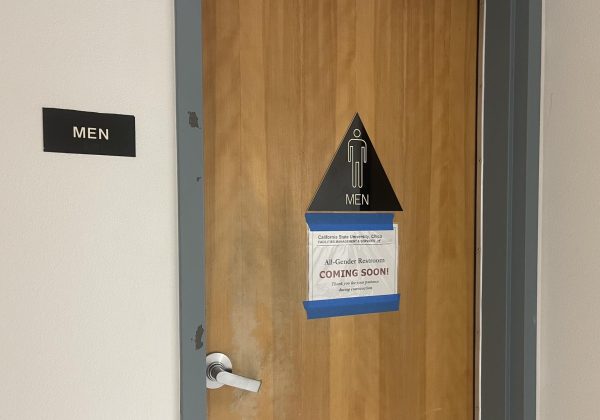Students are often given study guides when preparing for an upcoming exam. Most people growing up experiencing this way of learning throughout their years in education.
So why stop now? Various college courses taught on this campus range in degree of difficulty. Study guides help provide a sense of direction on to how to study for an exam.
An article on JSTOR defined study guides as a teaching aid written by the teacher to be used by students to assist the student in developing reading skills for the purpose of enhancing comprehension of the textual material.
The use of study guides has been a part of the educational system for many years, turning it into an essential key when approaching test dates.
It should be necessary for students to have some sort of structural guidance for exam preparation.
An article from the Chronicle of Higher Education wrote a story about the removal of Professor Dominique G. Homberger from her Biology 1001 course.
It was alleged by students that “the questions often dealt with material that had been assigned as reading but never discussed in the classroom. She irked some students because she did not give out detailed study guides for tests.”
As students, we understand that most terms listed in a study guide are not limited to just those, and not all will be found on the test. Taking notes in class can be tricky. When the professor is talking while students are taking notes, it’s quite difficult to comprehend what is being said while simultaneously trying to write down what is on the board.
This is not a matter of discussion for multi-tasking because it goes beyond that. Professors should not expect students to create a study guide on their own without any sense of direction, especially for difficult classes.
Studying alone is already tough for students. Having to study the wrong material or focusing on the wrong terms will essentially lead to students doing poorly on tests.
Georgia Southern University put together a study that questioned the use of study guides. Only about 15 percent of faculty members never use study guides whereas almost 50 percent use it regularly. Roughly 73 percent of students found the use of study guides very helpful whereas almost 1 percent said there were not helpful at all.
It’s just surprising that there are actually professors out there who give out exams without using a study guide. Often times, professors will say “this is going to be on the test” and “you don’t need to write this down, it won’t be on the test.”
This is the reason why we need study guides. Students find it easier to have something to refer to when considering what will and will not be on the test.
Students with high levels of stress and anxiety can feel less anxious when a study guide is provided. If a professor is not only a difficult grader who wants specifics and also includes various concepts and topics in their tests, there should be a given study guide with no exceptions.
Rachel Reyes can be reached at [email protected] or @rachhreyes on Twitter.














Elizabeth Carson-Bird // Jan 20, 2018 at 4:59 pm
Well, I am one instructor who only gives study guides for midterms and finals, and then somewhat grudgingly. I do not give out a guide for a 25-page chapter. Are you kidding? Any student in one of my history/political science classes who cannot navigate a chapter, I question whether that student needs to be in college. if that seems harsh — so be it. I emphasize the text as I place the e-text up on the board. I usually indicate the types of questions I will ask and they are a combination of objective and subjective. I love subjective because those questions force a student to read and write. Because so many of my students have come from the “study guide frame of mind” (and some even being given the questions out right.), I get shocked and dismayed looks when I announce on the first day that the tests will cover assigned readings and the corresponding lectures. When will we stop giving crutches to our students?
Dr. Elizabeth Carson-Bird